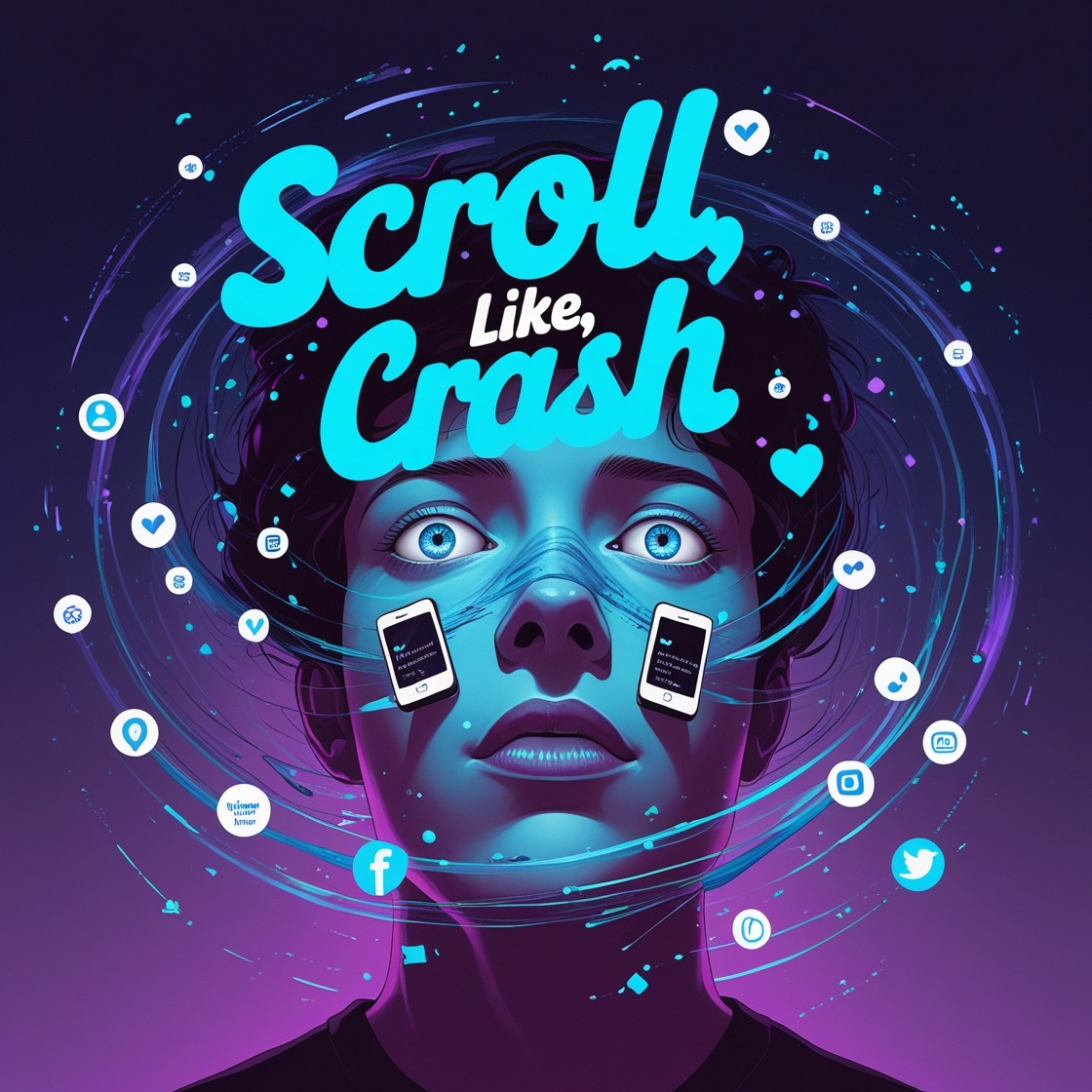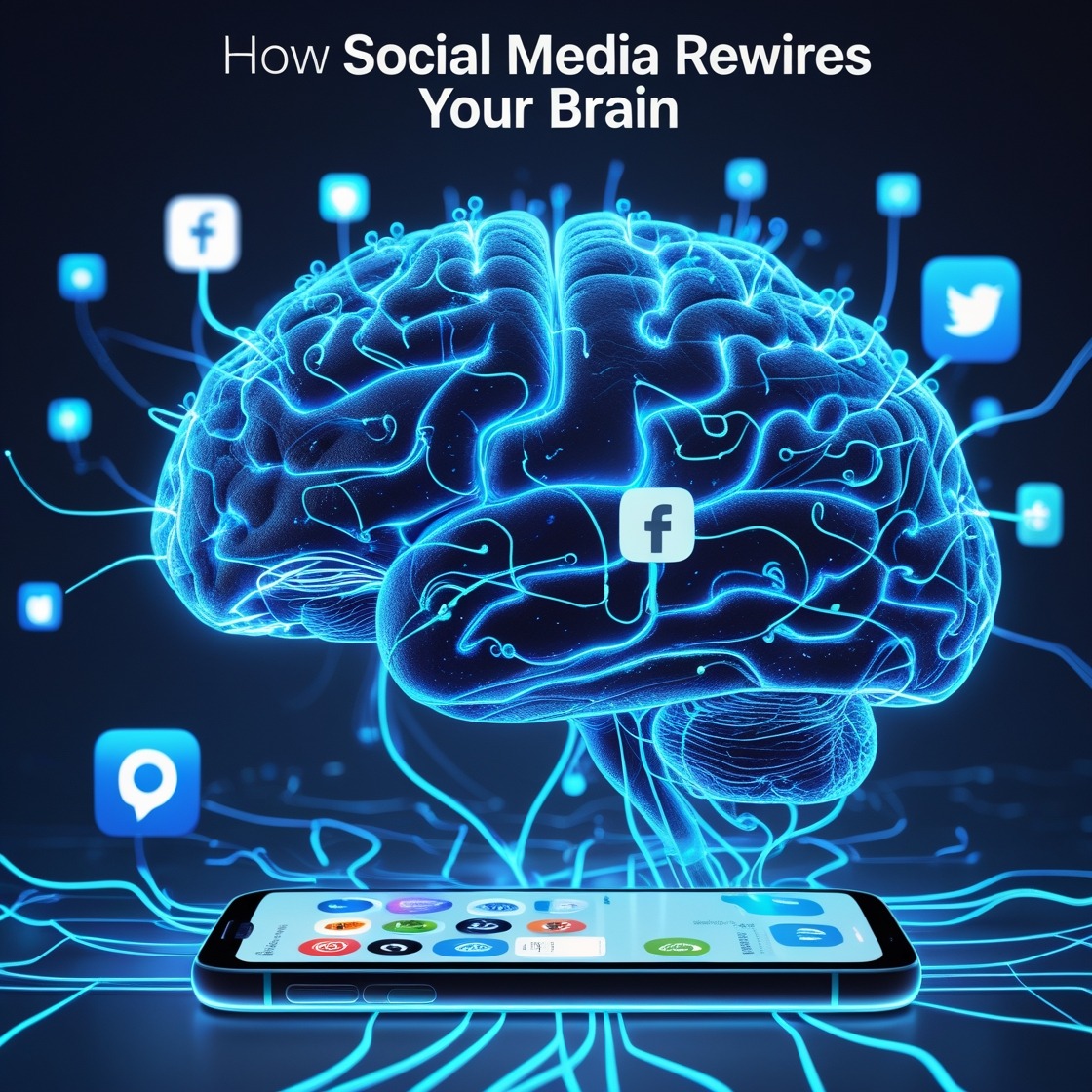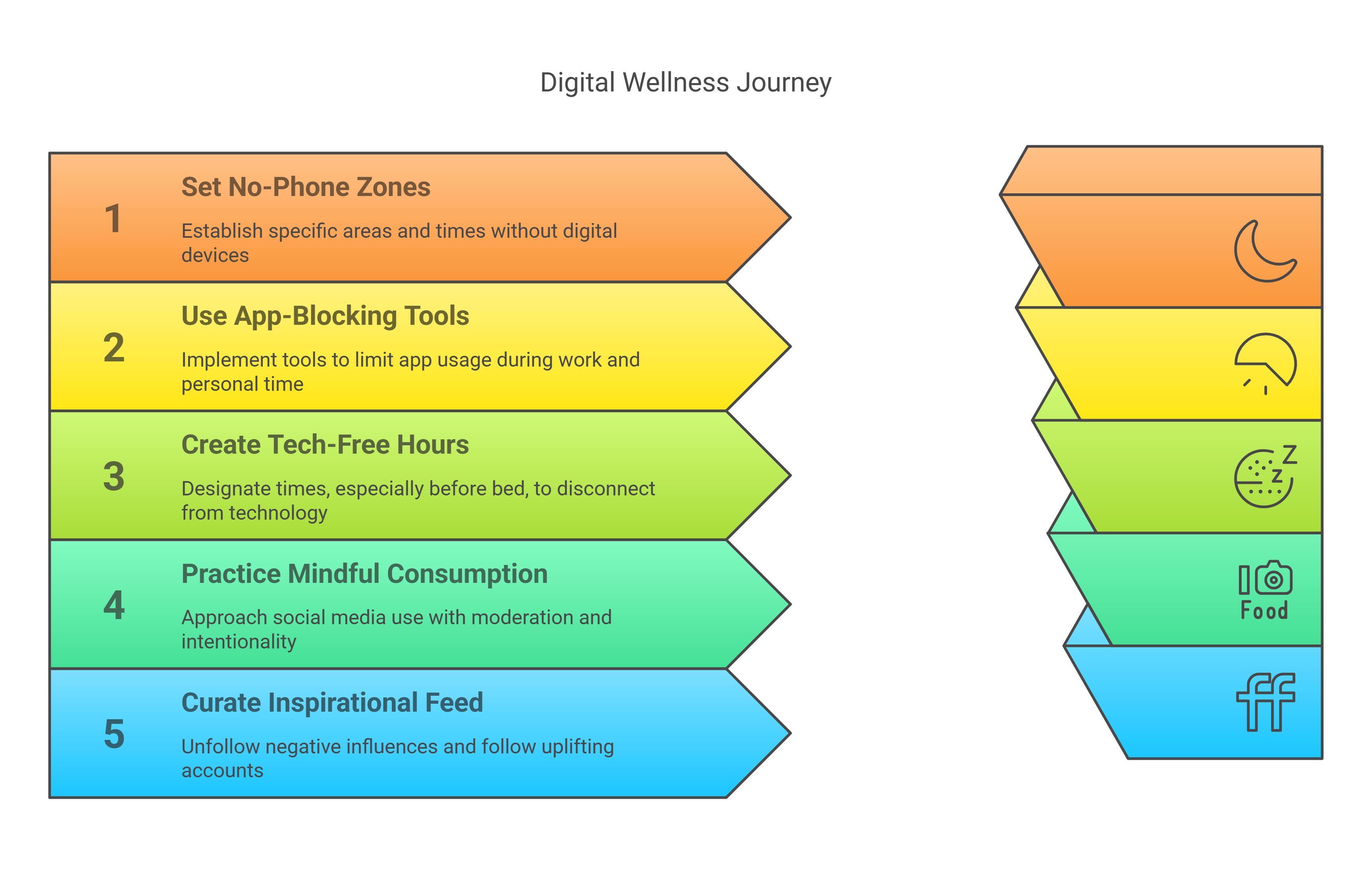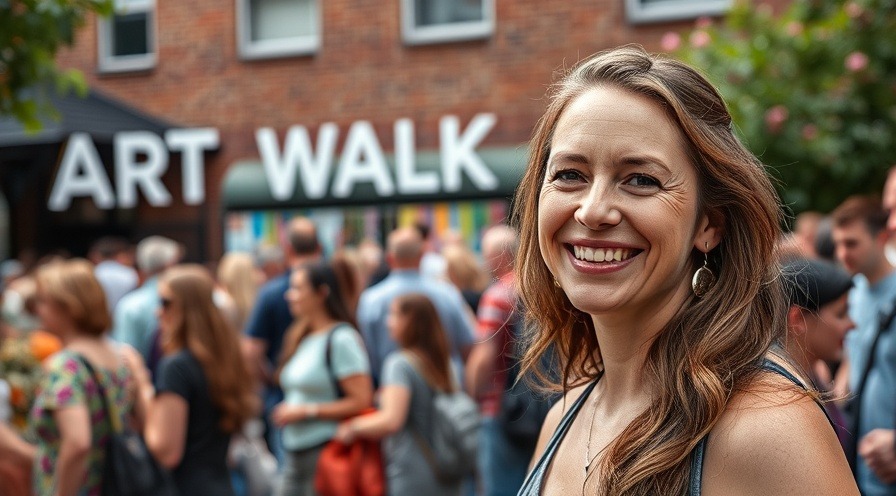
Scroll, Like, Crash: How Social Media is Silently Sabotaging Your Mental Well-Being (And What to Do About It)
Let's face it: your smartphone is basically a digital drug, and social media is the dealer. One minute you're "quickly checking" Instagram, and three hours later, you've spiraled into a black hole of comparison, anxiety, and cat videos. But what if this endless scrolling is doing more than just stealing your time?
The Silent Mental Health Epidemic in Your Pocket
Recent research paints a stark picture of social media's impact on our psychological well-being. According to Dr. Jean Twenge, a leading psychologist and author of "iGen", there's a direct correlation between increased social media use and rising rates of depression among young adults. "We're seeing unprecedented levels of anxiety and isolation, paradoxically caused by platforms designed to connect us," she notes.
By the Numbers: Social Media's Mental Health Toll
📱 Average daily social media usage: 2.5 hours
🧠 43% of young adults report increased feelings of anxiety linked to social platforms
😔 Depression rates have increased by 63% among teenagers since 2007

How Social Media Rewires Your Brain (And Not in a Good Way)
Think of social media like a psychological slot machine. Each notification, like, and comment triggers a dopamine rush that keeps you coming back for more. Dr. Cal Newport, author of "Digital Minimalism", explains,
"These platforms are engineered to be addictive, hijacking our brain's reward systems more effectively than most substances."
The Comparison Trap: When Scrolling Becomes Self-Destruction
Social media presents a curated highlight reel of everyone else's lives. Your college roommate's perfect wedding? Check. Your cousin's dream vacation? Documented. Your high school friend's seemingly effortless success? Front and center. The result? A toxic cocktail of envy, inadequacy, and self-doubt.
Setting Boundaries: Your Mental Health Survival Guide
1. The Digital Detox Approach
Set specific "no-phone" zones in your home
Use app-blocking tools during work and personal time
Create tech-free hours, especially before bedtime
2. Mindful Consumption
Dr. Anna Lembke, addiction expert and author of "Dopamine Nation", recommends a strategic approach:
"Treat social media like a carefully measured prescription. Moderation is key."
3. Quality Over Quantity
Unfollow accounts that trigger negative emotions
Curate a feed that inspires and uplifts you
Limit social media to 30 minutes daily

Red Flags: When Social Media Becomes a Mental Health Hazard
Watch out for these warning signs:
Constant social comparison
Increased feelings of loneliness
Disrupted sleep patterns
Anxiety when unable to check notifications
Decreased real-world social interactions
The Counterintuitive Solution: Connection, Not Consumption
Ironically, the antidote to social media's mental health impact is genuine human connection. Join local groups, pursue hobbies, and invest in face-to-face relationships. Your brain (and mental health) will thank you.
Consider This: The 24-Hour Reset Challenge
Challenge yourself to a 24-hour social media detox once a week. Track your mood, productivity, and overall well-being. You might be surprised at the results.
Final Thoughts: You Are More Than Your Screen Time
Social media is a tool, not a lifestyle. By setting boundaries, practicing mindfulness, and prioritizing real-world connections, you can reclaim your mental health and find genuine joy beyond the scroll.
Remember: Life happens outside the screen. Make it count.
 Add Row
Add Row  Add
Add 




 Add Row
Add Row  Add
Add 

Write A Comment